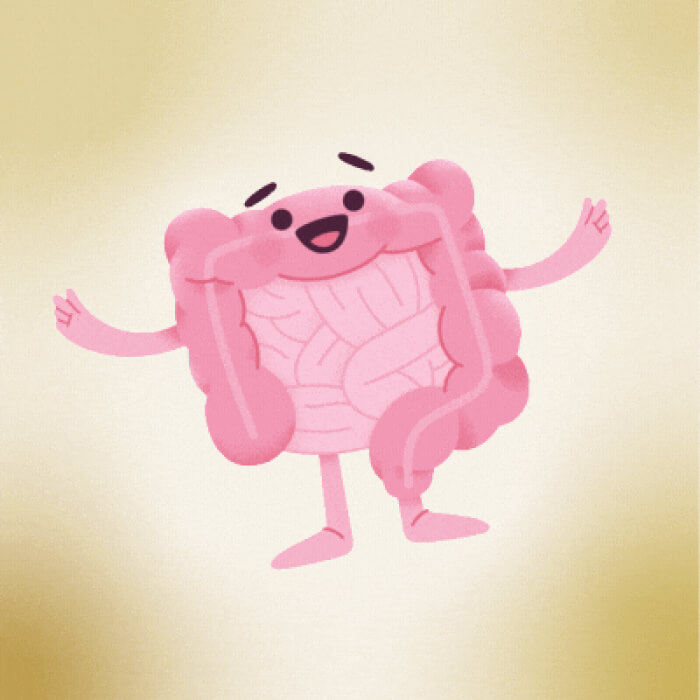The tiny, mighty gut
Tiny tots are wired to feed, sleep and grow. It is the mighty gut that works around the clock, receiving and processing precious nutrients at every feed to fuel rapid growth. And it is the tiny gut’s mighty army that also makes this possible.
The gut’s army: A tiny one’s gut plays host to trillions of microorganisms called the gut ‘microbiome’. The number and variety of these good bacteria is influenced by multiple factors, a key one being nutrition (milk feeds). While some resident bugs may be harmful, the gut is also the cozy, comfortable home for all the ‘good bacteria’ or ‘probiotics’ that thrive, nourish and protect your little one. And these are the gut’s superheroes.




